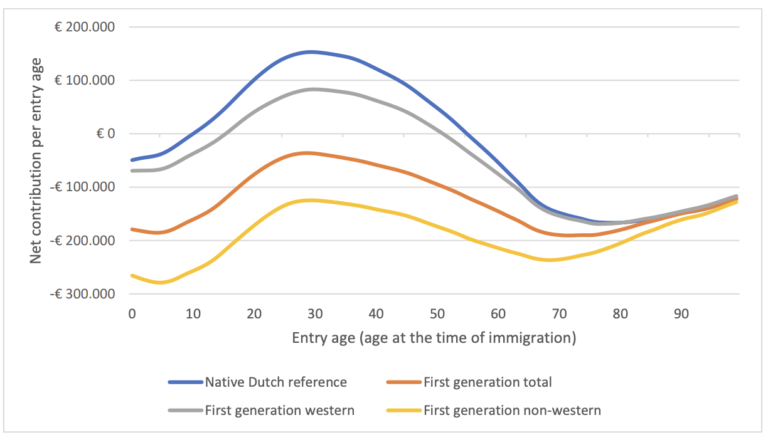«Vamos com Alegria. Subamos Juntos a Jerusalém»
É o tema da caminhada quaresmal da Diocese do Porto.
A primeira vez que o ouvi, primeiro estranhei e depois ... não gostei.
Associar alegria a Quaresma parece-me uma contradição em si mesma.
Fui criado num tempo em que no dia de Sexta-Feira Santa a televisão só passava música clássica relativa ao tema, fui criado num tempo em que no meu pequeno mundo trabalhar nesse dia era pecado grave (ainda não tinha tido contacto com a realidade minhota).
Fez no passado Sábado uma semana que resolvi fazer uma caminhada ao principio da tarde. 3 km até ao salão paroquial da Madalena e ouvir uma apresentação sobre "As raízes cristãs da alegria". Confesso que fui de pé atrás. Pensava, mais um daqueles padres que nos vem dizer que o mais importante na vida é a alegria, é a felicidade, ao mesmo tempo que recordava as palavras de Jordan Peterson "life is tough".
O dia estava bom, o sol brilhava, a temperatura era primaveril. 14h30, a comunicação iniciou-se... um homem ... com um colar clerical e um punhado de folhas A4 começava a falar para o microfone. Começou com um texto do Atigo Testamento (se os nossos irmãos mais velhos na fé, os judeus, soubessem o quanto lemos, cantamos e ouvimos os textos do Antigo Testamento... recordo aquele jovem judeu de Nova York que achava que Jesus era italiano). Eu não adormeci, mas confesso que as minhas pálpebras tornaram-se pesadas como os portões de Helm's Deep. A certa altura o padre falou dos mártires do nosso tempo, referiu a Nigéria, o Paquistão, e eu despertei. pus-me direito na cadeira e fui ao meu mini tablete para olhar para uma foto que me tinha marcado durante essa semana:
O Santo
Gaber Mounir Adly um cristão copta egipcío a momentos de ser decapitado em 2015 numa praia na Líbia pelo ISIS e a pronunciar "Ya Rabb Yesua!" (em árabe: يا رب يسوع, "Ó Senhor Jesus!"). Já agora o caso de Mathew Ayairga é impressionante, um ganês, que, segundo relatos, não era cristão até ao momento da sua captura, mas que escolheu identificar-se com a fé cristã dos outros 20 mártires pouco antes de sua execução.
E o sono foi-se, como se pode ter sono quando se recordam estes Santos reconhecidos pela Igreja Católica e celebrados a 15 de Fevereiro?
Sintonizei e continuei a ouvir o padre e a certa altura, deu-se o clique na minha mente.
Recordo num dos livros da disciplina de Filosofia na escola, que Einstein criticava os filósofos por terem dado cabo das palavras. Por causa deles, as palavras têm mais do que um significado. Podemos estar a dialogar com alguém, usando as mesmas palavras e não percebendo que estamos na realidade a falar de coisas diferentes.
Quando eu era criança os meus pais levavam-me à missa, muitas vezes era uma seca. Depois, aos 10 anos ia para estar com um grupo de colegas diferente do da escola. Depois cresci e continuei a ir à missa, por obrigação, por tradição, por rotina, algumas vezes por devoção, também como rédea (quando se é empresário, quando gerimos a nossa vida profissional e as coisas correm bem, faz bem ouvir palavras que nos alertam para o facto de que somos humanos, não deuses).
Mudei de casa, mudei de cidade e comecei a frequentar uma capela na minha nova paróquia.
Até que veio o covid. E fiquei privado de ir à missa, de participar na Eucaristia, semana após semana. Aquilo que era comum tornou-se escasso, tornou-se precioso.
Até que um dia, andava sozinho de tarde a fazer uma das minhas caminhadas e passei perto da capela por mero acaso. E reparei que as portas estavam abertas. Entrei no pequeno átrio interior, recolhi uma máscara e entrei para me ajoelhar e rezar. Ao sair, encontro a chegar uma das maestrinas do coro e perguntei se sabia quando recomeçavam as missas. Ela respondeu:
- No próximo Domingo.
E naquele momento senti uma grande alegria interior.
E foi esse momento que o padre com os seus papéis me fez recordar. Foi esse o clique. É essa alegria interior, é essa alegria cristã! E o lema passou a ter para mim esta interpretação pessoal.
Tomás Halík num dos seus livros recorda um tempo em que nas igrejas católicas durante a Quaresma as imagens eram cobertas com um manto. E que a sua ausência reforçava a sua importância.
E eu que condeno tantos e tantos exageros durante o covid, vou para sempre ser-lhe grato por ter mudado a minha relação com a missa. Participar com devoção e sentir a sua falta.





















